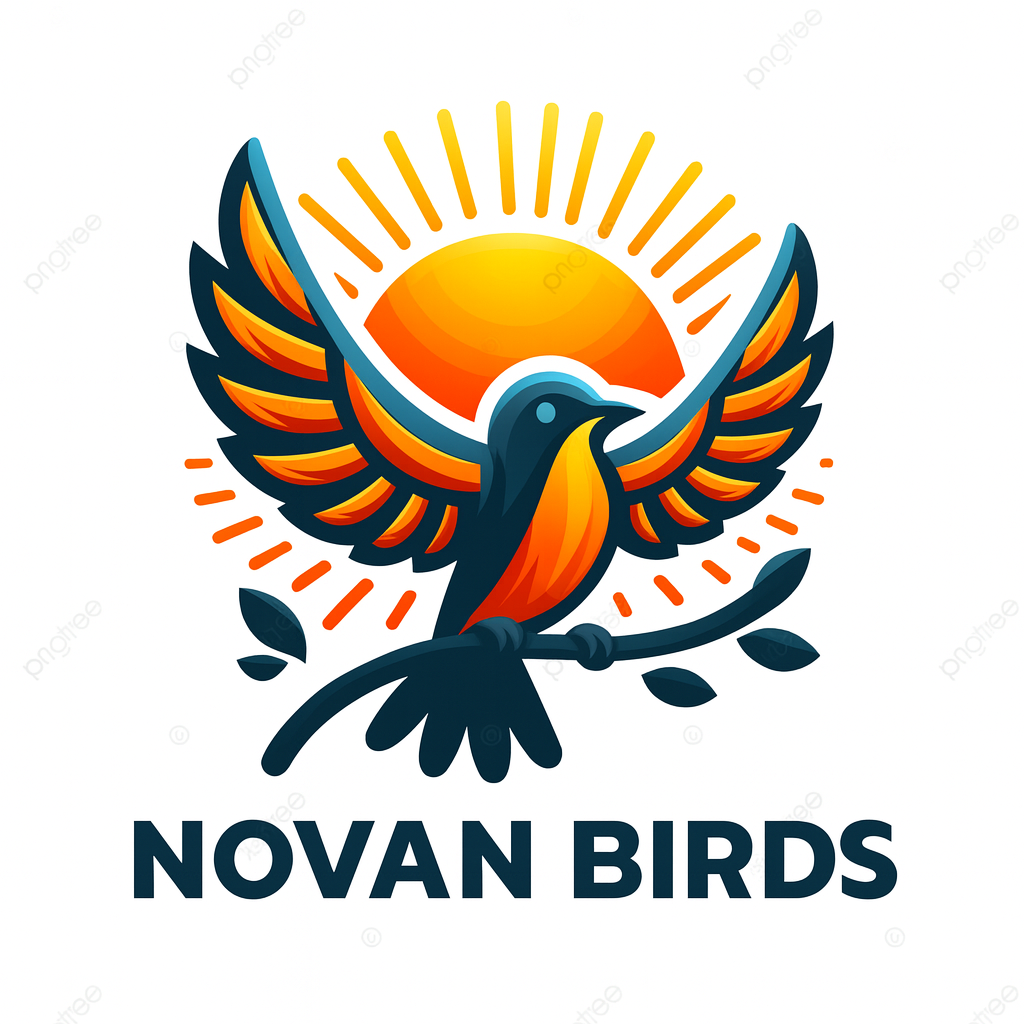Buy Bourke’s Parrot Online
Bourke’s Parakeets also known as the Bourke’s Parrot, Sundown Parrot, Pink Belied Parrot, Bourke or “Bourkie”, is a small parrot found in Australia and the only species in its genus, Neopsephotus, are part of a family of Australian grass parakeets, the Neophemas. Bourke’s parakeets are attractive and unique, with a natural pinkish coloring. The wild Bourke’s parakeets appear in shades of pink, blue, cream and brown. Mature males of the natural color show a blue band of feathers over their ceres. Young birds under nine months of age both male and female look very similar, after this they come into full plumage colour. Wildtype (natural coloured) Bourke’s parakeet display a basically brown overall colouration with pink abdomen, pinkish breast and a blue rump. The rosy Bourke’s parakeet mutation (opaline) is generally bright pink. It is common and sought-after mutation because it is so stunning. In the rosy mutation, there is no difference in coloring between the sexes, so DNA-sexing or behavior traits are relied upon to determine sex.
Song/Call: Click to hear the Bourke’s Call
Size/Weight: 7.8″ / 46 gm
Life Span: Up to 25 yrs
Sexing: Young birds under nine months of age both male and female look very similar. In the rosy mutation, there is no difference in coloring between the sexes, so DNA-sexing or behavior traits are relied upon to determine sex. Buy Bourke’s Parrot Online
DNA Testing
If there is no gender option listed for a bird on our website, that particular species is ‘monomorphic’, which means we’re unable to determine gender without purchasing DNA testing. DNA testing is an additional $149 per bird to guarantee preferred gender. DNA testing may add an additional 3-6 plus weeks to estimated delivery time to allow for gender results.
Temperament: Bourke’s parakeets can be sweet and tame and love to fly. They do best in a flight or aviary. Bourke’s parakeets are not “action” parakeets choosing not to interact with other birds or play iwih toys. They are a great bird for kids. They tend to twittering in the dark, Bourke’s parakeets are quiet, sweet and humble.
Breeding: During the nesting season males are highly territorial, chasing away any potential intruders or threats. Individuals are considered to be monogamous, staying with a single partner.
Diet: Goldfinch Seed, Australian Blend Goldenfeast, Dried Egg Food, Oat Groats, stale white bread soaked in water, chopped hard boiled egg, fruits and veggies. Buy Bourke’s Parrot Online
buy exotic birds for sale, buy finches for sale, birds for sale online, pet birds online, buy African grey for sale, buy exotic monkeys for sale, lilac crowned amazon for sale, buy bronze mannikin, buy counterfeit money for sale,buy counterfeit indian rupees for sale,counterfeit indian rupees for sale, fake indian rupees for sale, buy indian rupees online, buy adderall online, buy ambien zolpidem online, icals buy research chemic online, buy wood pellets for sale, buy scannable bills for sale, scannable counterfeit money for sale, buy undetectable counterfeit money, buy counterfeit money online, buy containers for sale, buy kittens for sale, buy roxicodone online, buy parrots for sale, k2 spices for sale, buy gbl for sale, buy pure gbl online, gbl for sale euro, buy synthetic cannabinoids online, buy k2 spice for sale, buy research chemicals online, buy cannabinoids for sale, buy research chemicals, buy counterfeit money online, pills for sale, buy counterfeit money for sale, ssd chemicals online, parrots for sale, synthetic cannabinoids for sale, wood pellets for sale, pharmaceutical pills online, buy research chemicals,, ssd chemicals online,













